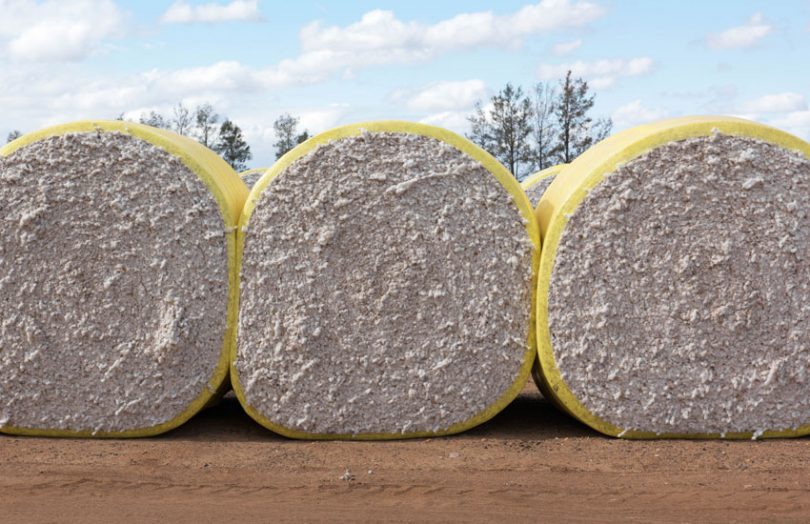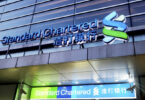Last week the CEO of Memphis based firm, The Seam, revealed that it plans to release a blockchain-based traceability and sustainability solution for cotton. The project is being developed in association with the U.S. National Cotton Council. Currently, it is in a soft-launch phase, with a full-scale deployment planned for January.
The company already runs a (non-blockchain) platform for trading the crop and provides tech solutions to agriculture. Some days over a million pounds of cotton are sold on its cotton trading system in a single day.
The Seam also focuses on sustainability, which is far easier to achieve with a trustworthy and accurate data log based on distributed ledger technology (DLT). Tracking agricultural products from the source is another step towards this goal.
Mark Pryor, CEO of The Seam, stated: “There’s an increased need for traceability and transparency in the supply chain. And in cotton, the brands and the retailers — the Levis and the Brooks Brothers of the world — are demanding more traceable, transparent information throughout the supply chain.”
“This [blockchain] technology is going to allow this shared source of truth for various players in the supply chain to reference [and] to be able to make claims about sustainability practices and the origin of the fiber they are purchasing,” he explained.
Pryor explained to us that traceability functionality will be ready for January and the current blockchain functionality focuses on registering events.
These events might include the fact that a cotton producer enrolled in the initiative. Or that they completed a self-assessment for sustainability practice. In each case, the blockchain will store a timestamp of the event. Additionally, in the case of the sustainability questionnaire, an encrypted completed survey will be stored on IPFS (a distributed file system). Plus a hash or fingerprint of the document will be written to the blockchain.
Non-fungible tokens
The blockchain being used is the public Ethereum main net. Ethereum has two types of tokens, one is fungible (they’re all the same) the other non-fungible. The latter is used to represent unique items such as a cotton bale. Pryor said that market trading functionality is part of the roadmap.
“Each bale of cotton in the United States is uniquely represented by a Permanent Bale Identification (PBI),” explained Pryor via email. “This is critical as each bale has specific quality/characteristics that make it unique for specific applications (luxury linen/shirt, denim, etc.). The value of each bale is also determined by the unique quality/characteristics. For traceability and trading, each bale will be tokenized (non-fungible tokens) using blockchain technology.”
Back in 2017, The Seam worked with IBM to launch its commodities platform on HyperLedger Fabric. But the project didn’t progress because the requirements weren’t achievable on Fabric – in its state at the time. Hyperledger Fabric 1.0 was only released in July 2017.
Backed by agribusiness giants such as Cargill and Louis Dreyfus, The Seam has a number of other tech-focused initiatives. These include a cloud-based trading platform for peanuts and a software solution for loans in agriculture.
There are an increasing number of other commodity sectors adopting blockchain.
Other commodities blockchains
| Commodity | Consortium/ Company |
| Agribusiness | ABCCD: ADM, Bunge, Cargill, COFCO, Dreyfus |
| Sugar | Al Khaleej Sugar |
| Oil | VAKT |
| Gold, Silver | Tradewind |
| Metals | Minehub |
| Metals, post trade | Forcefield |
| Cobalt | IBM, Ford + |
| Tantalum | Circulor |
| Trade finance | komgo |







